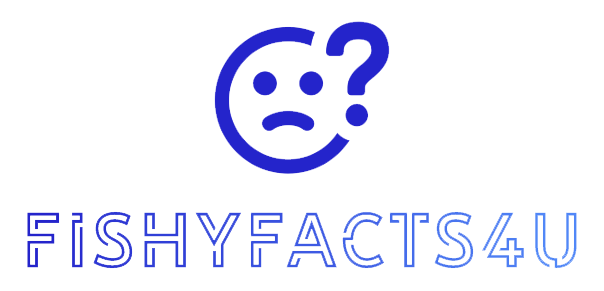Addiction, PTSD, and Depression: Could the Future of Medicine Lie in Psychedelic Mushrooms?

Humans have suffered from mental illnesses for thousands of years. Similarly, humans have used naturally occurring psychedelic substances for a very long time. Some tribes made the connection between psychedelics and treatment for mental health. However, it is only in the last half-century or so that serious medical attention has come to this issue. In recent years, massive advancements have come about in the form of research, clinical studies, and human testing. This article will highlight some of the facts in favor of effective treatment with psychedelics.
Are Psychedelics Even Considered Viable Treatment?
Psychedelics have normally gotten a bad rep, associated with people and movements looked down on by society. As these substances began to find acceptance for recreational use, their medical value also gained focus. Now, psychedelics are the focus of medical research in the fight against medical illnesses. The resurgence of interest in psychedelic substances as therapeutic tools has caused many governments to reconsider their legal status. Some countries recognize the need for a more nuanced perspective on substances like psilocybin. In some places, they are legal for therapeutic use at healing centers like the Tangerine Retreat. This also reinforces the perception that psilocybin and other psychedelics have real potential therapeutic benefits.
Psychedelics like psilocybin were well known through the centuries for their ability to affect the mind. It was only a matter of finding a connection between that ability and potential therapeutic benefits. While these substances remain classified as Schedule I drugs in many places, a wave of scientific studies suggests that they have a place in the future of medicine. The hope is to harness the potential healing properties of psychedelic mushrooms without any of the feared side effects.
How Psilocybin Helps Break the Chains of Addiction
Addiction to any substance is a complex issue with psychological and biochemical aspects. More importantly, addictions severely affect millions of people worldwide. Breaking addictions has proven to be a challenging battleground for traditional treatment methods. These methods typically focus on behavioral therapy, counseling, and pharmaceutical interventions. However, some of these treatments have adverse side effects, and relapse rates remain high. Researchers who have explored alternative avenues point to psychedelic-assisted therapy.
In the face of ineffective treatments, carefully guided sessions with substances like psilocybin have emerged as a promising frontier. Recent clinical trials have demonstrated the potential of psilocybin-assisted therapy in helping individuals overcome substance dependence.
Studies have shown that psilocybin directly influences the parts of the brain associated with addiction. Some scientists describe addictive patterns as an uneven mental landscape full of peaks and valleys. Psilocybin acts as a mental leveler to smooth out the mind’s landscape, leading to increased self-awareness and a shift in perspective. This altered state of consciousness helps to break the cycle of addiction, disrupting entrenched patterns of thought and behavior.
Psilocybin: Helping Survivors of Trauma Move On
PTSD is a condition that can haunt individuals who have suffered from a variety of challenging experiences. Even long after experiencing trauma, PTSD cripples the survivor, making it hard for them to make social connections and reintegrate into society. Traditional therapeutic methods against PTSD often involve talk therapy and medication, but not all patients respond positively. Psychedelic-assisted therapy, with its capacity to induce deeply introspective experiences, shows promise in addressing the root causes of PTSD. From altering the perception of these memories to putting into perspective the severity of the event, patients often find relief. Another potential of psychedelics against PTSD is a more personalized treatment strategy.
Treating Depression and Anxiety with Psilocybin
Depression is the number one mental health disorder on earth today, a position it has held for decades. Recently, the situation has worsened because many countries have seen a surge in specifically treatment-resistant cases. Traditional antidepressants are no longer as effective, and some people who develop unhealthy coping mechanisms can become addicted. So far, Psilocybin shows none of the same limitations and side effects. Psychedelic mushrooms, at least in clinical trials so far, offer an intriguing alternative.
Studies exploring the effects of psilocybin on depression have reported significant improvements in mood and overall well-being. Psilocybin has the ability to promote neuroplasticity, creating new neural connections. The connection between neuroplasticity and depression is well-known in the realm of medicine. The fact that psilocybin directly affects this root cause of depression is promising.
Future Hopes for Treating Mental Health Issues
Certainly, more research is necessary to establish the long-term efficacy and safety of psychedelic-assisted therapy for depression. The preliminary findings are still a cause for hope, suggesting a positive shift in mental health treatment.
Despite the promising research, caution is essential. Psychedelic-assisted therapy requires careful guidance from trained professionals in controlled settings. This helps to minimize potential risks and maximize therapeutic benefits. The safety and well-being of individuals while using such treatments are the most important things.




